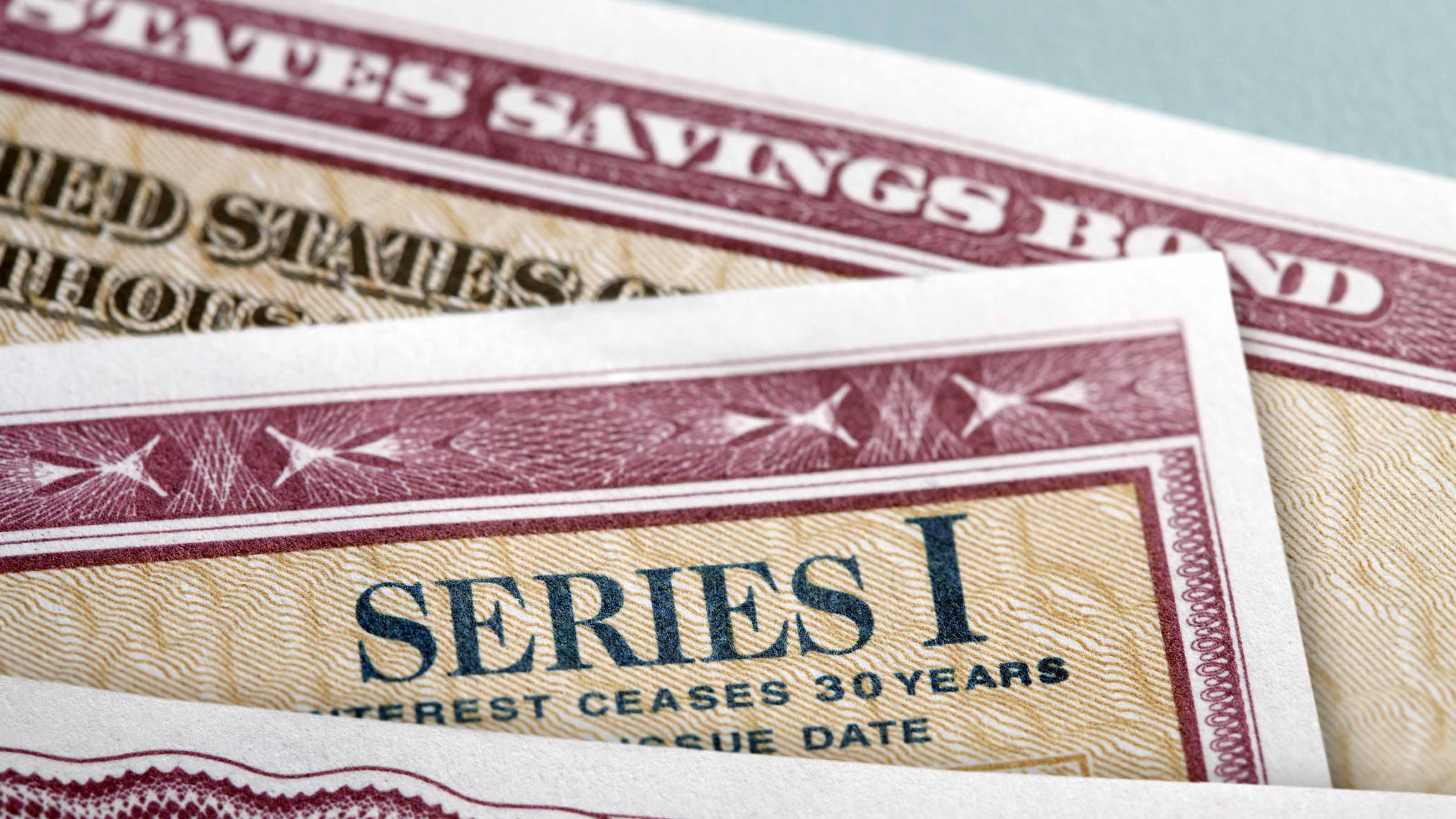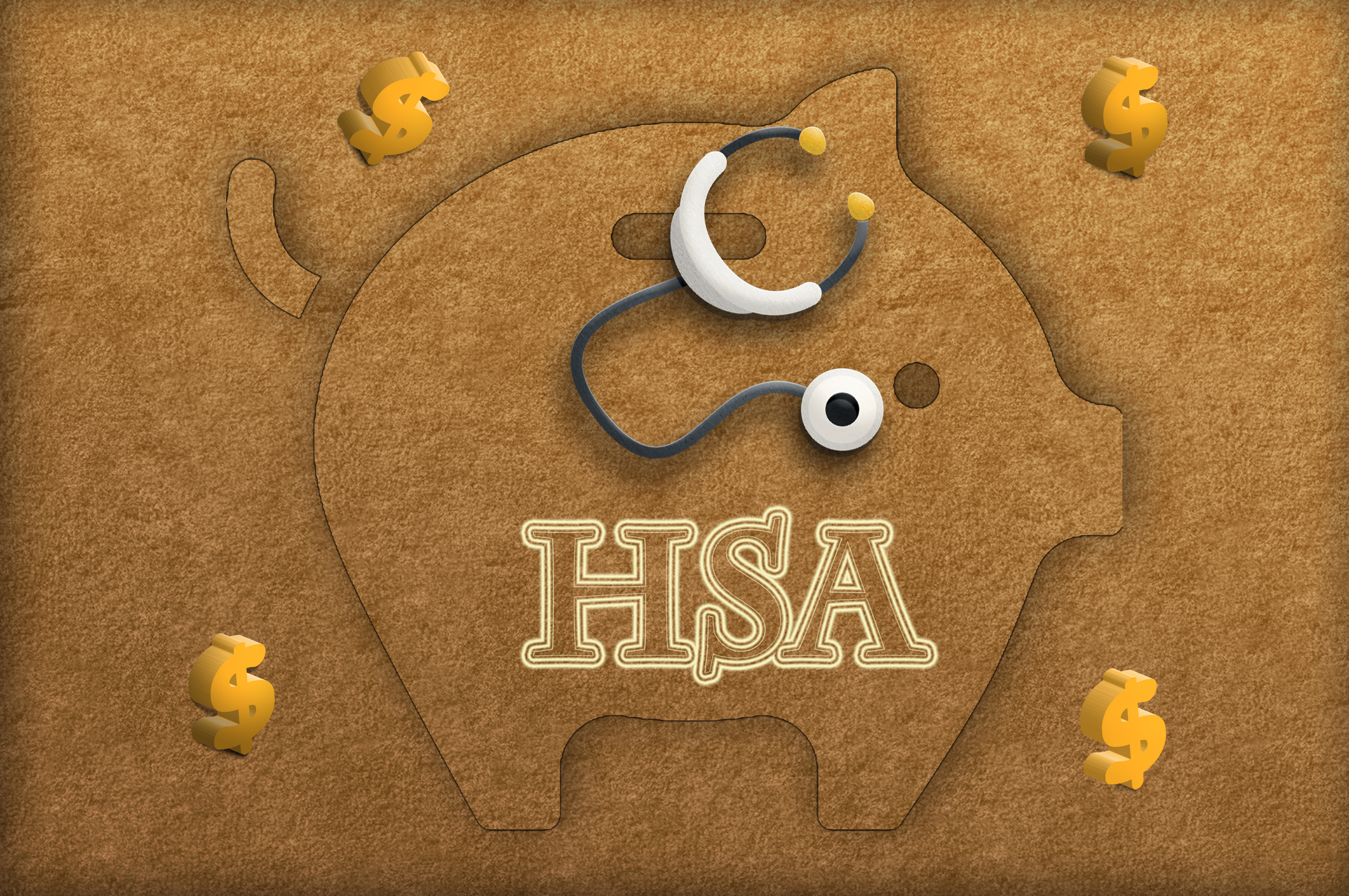Home-Sale Profit Rules for Widows And Widowers
A sale by year-end could double the amount of profit that is tax-free.

Profit and prosper with the best of Kiplinger's advice on investing, taxes, retirement, personal finance and much more. Delivered daily. Enter your email in the box and click Sign Me Up.
You are now subscribed
Your newsletter sign-up was successful
Want to add more newsletters?

Delivered daily
Kiplinger Today
Profit and prosper with the best of Kiplinger's advice on investing, taxes, retirement, personal finance and much more delivered daily. Smart money moves start here.

Sent five days a week
Kiplinger A Step Ahead
Get practical help to make better financial decisions in your everyday life, from spending to savings on top deals.

Delivered daily
Kiplinger Closing Bell
Get today's biggest financial and investing headlines delivered to your inbox every day the U.S. stock market is open.

Sent twice a week
Kiplinger Adviser Intel
Financial pros across the country share best practices and fresh tactics to preserve and grow your wealth.

Delivered weekly
Kiplinger Tax Tips
Trim your federal and state tax bills with practical tax-planning and tax-cutting strategies.

Sent twice a week
Kiplinger Retirement Tips
Your twice-a-week guide to planning and enjoying a financially secure and richly rewarding retirement

Sent bimonthly.
Kiplinger Adviser Angle
Insights for advisers, wealth managers and other financial professionals.

Sent twice a week
Kiplinger Investing Weekly
Your twice-a-week roundup of promising stocks, funds, companies and industries you should consider, ones you should avoid, and why.

Sent weekly for six weeks
Kiplinger Invest for Retirement
Your step-by-step six-part series on how to invest for retirement, from devising a successful strategy to exactly which investments to choose.
One of the greatest tax breaks for homeowners -- in addition to the one that allows you to deduct property taxes and mortgage interest -- is the ability to claim tax-free profits on the sale of your principal residence. Individuals can take up to $250,000 of profit tax-free, and married couples filing jointly can get a cool half million when they sell a house that they lived in for at least two out of five years prior to the sale.
A recent change in the law provides a special rule for widows and widowers.
Previously, a surviving spouse could claim the full $500,000 exclusion only if the home was sold in the year that a joint return was filed, which generally is limited to the year the spouse dies. But now a surviving spouse may exclude up to $500,000 of profit from the sale of the principal residence if it occurs within two years of the spouse’s death.
From just $107.88 $24.99 for Kiplinger Personal Finance
Become a smarter, better informed investor. Subscribe from just $107.88 $24.99, plus get up to 4 Special Issues

Sign up for Kiplinger’s Free Newsletters
Profit and prosper with the best of expert advice on investing, taxes, retirement, personal finance and more - straight to your e-mail.
Profit and prosper with the best of expert advice - straight to your e-mail.
For example, if your husband died in 2007 and you sell the house that the two of you shared by December 31, 2009, you will be able to exclude up to $500,000 of profits from taxes. If you wait until next year or later to sell the house, you will be able to exclude only half of that amount -- up to $250,000 in profits -- from taxes.
Whether rushing a sale by year-end would benefit you depends on a lot of things, particularly on how much profit you expect to reap. And remember this: If your late spouse jointly owned the house with you, at least half of the gain accumulated up to the time of his or her death became tax-free at that time. That increases your tax basis -- the amount from which gain or loss on a sale will be determined -- and thus reduces your profit on any sale.
A recent change in the law provides a special rule for widows and widowers.
Previously, a surviving spouse could claim the full $500,000 exclusion only if the home was sold in the year that a joint return was filed, which generally is limited to the year the spouse dies. But now a surviving spouse may exclude up to $500,000 of profit from the sale of the principal residence if it occurs within two years of the spouse’s death.
For example, if your husband died in 2007 and you sell the house that the two of you shared by December 31, 2009, you will be able to exclude up to $500,000 of profits from taxes. If you wait until next year or later to sell the house, you will be able to exclude only half of that amount -- up to $250,000 in profits -- from taxes.
Whether rushing a sale by year-end would benefit you depends on a lot of things, particularly on how much profit you expect to reap. And remember this: If your late spouse jointly owned the house with you, at least half of the gain accumulated up to the time of his or her death became tax-free at that time. That increases your tax basis -- the amount from which gain or loss on a sale will be determined -- and thus reduces your profit on any sale.
Profit and prosper with the best of Kiplinger's advice on investing, taxes, retirement, personal finance and much more. Delivered daily. Enter your email in the box and click Sign Me Up.

-
 5 Vince Lombardi Quotes Retirees Should Live By
5 Vince Lombardi Quotes Retirees Should Live ByThe iconic football coach's philosophy can help retirees win at the game of life.
-
 The $200,000 Olympic 'Pension' is a Retirement Game-Changer for Team USA
The $200,000 Olympic 'Pension' is a Retirement Game-Changer for Team USAThe donation by financier Ross Stevens is meant to be a "retirement program" for Team USA Olympic and Paralympic athletes.
-
 10 Cheapest Places to Live in Colorado
10 Cheapest Places to Live in ColoradoProperty Tax Looking for a cozy cabin near the slopes? These Colorado counties combine reasonable house prices with the state's lowest property tax bills.
-
 The 'Scrooge' Strategy: How to Turn Your Old Junk Into a Tax Deduction
The 'Scrooge' Strategy: How to Turn Your Old Junk Into a Tax DeductionTax Deductions We break down the IRS rules for non-cash charitable contributions. Plus, here's a handy checklist before you donate to charity this year.
-
 How Are I Bonds Taxed? 8 Common Situations to Know
How Are I Bonds Taxed? 8 Common Situations to KnowBonds Series I U.S. savings bonds are a popular investment, but the federal income tax consequences are anything but straightforward.
-
 Could Tax Savings Make a 50-Year Mortgage Worth It?
Could Tax Savings Make a 50-Year Mortgage Worth It?Buying a Home The 50-year mortgage proposal by Trump aims to address the housing affordability crisis with lower monthly mortgage payments. But what does that mean for your taxes?
-
 An HSA Sounds Great for Taxes: Here’s Why It Might Not Be Right for You
An HSA Sounds Great for Taxes: Here’s Why It Might Not Be Right for YouHealth Savings Even with the promise of ‘triple tax benefits,’ a health savings account might not be the best health plan option for everyone.
-
 Cruise Lines Sue to Block Hawaii’s New Climate Tourism Tax
Cruise Lines Sue to Block Hawaii’s New Climate Tourism TaxState Tax Your vacation to the Aloha State could come at a higher price tag next year. Here’s why.
-
 21 Last-Minute Gifts for Grandparents Day 2025 to Give Right Now
21 Last-Minute Gifts for Grandparents Day 2025 to Give Right NowHoliday Tips Last-minute gifting is never easy. But here are some ideas to celebrate Grandparents Day.
-
 The Fall Garden Tax? What to Plant and How to Prepare
The Fall Garden Tax? What to Plant and How to PrepareTax Tips Fall gardening could increase your taxes this season. Here’s what to know while planting in 2025.
-
 Texas Sales Tax-Free Weekend 2025
Texas Sales Tax-Free Weekend 2025Tax Holiday Here's what you needed to know about the Texas sales tax holiday.